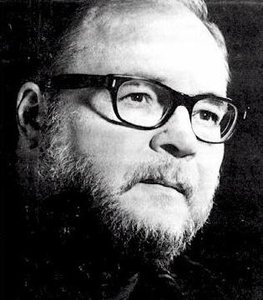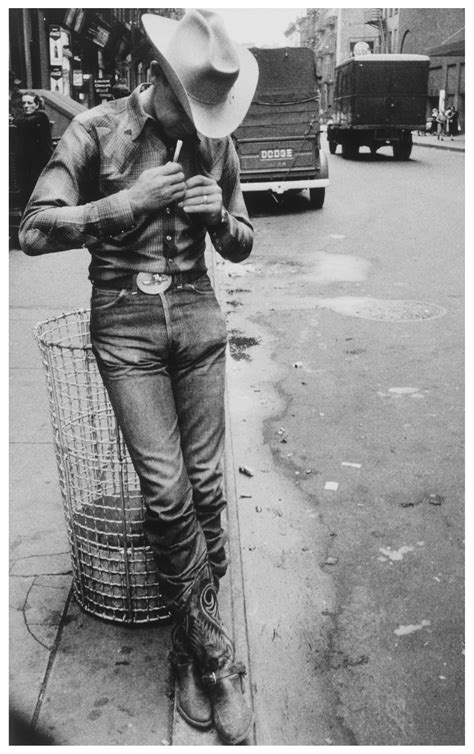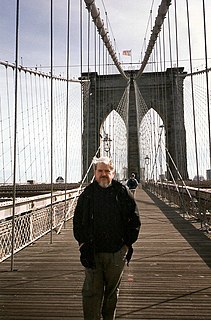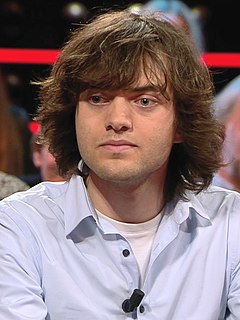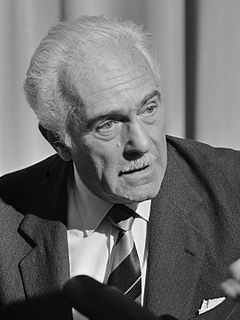Top 1200 Water Pollution Quotes & Sayings
Explore popular Water Pollution quotes.
Last updated on April 14, 2025.
Water does not resist. Water flows. When you plunge your hand into it, all you feel is a caress. Water is not a solid wall, it will not stop you. But water always goes where it wants to go, and nothing in the end can stand against it. Water is patient. Dripping water wears away a stone. Remember that, my child. Remember you are half water. If you can't go through an obstacle, go around it. Water does.
Even the most ardent environmentalist doesn't really want to stop pollution. If he thinks about it, and doesn't just talk about it, he wants to have the right amount of pollution. We can't really afford to eliminate it - not without abandoning all the benefits of technology that we not only enjoy but on which we depend.
Today, about 40 percent of America's carbon pollution comes from our power plants. There are no federal limits to the amount those plants can pump into the air. None. We limit the amount of toxic chemicals like mercury, and sulfur, and arsenic in our air and water, but power plants can dump as much carbon pollution into our atmosphere as they want. It's not smart, it's not right, it's not safe, and I determined it needs to stop.
... laws governing pollution tend to move pollutants from one medium to another. So, for example, we scrub SO2 from power plants only to dispose toxic sludge on land. We "clean" water only to disperse toxic-laced solids on farmland or landfills. Pollution control becomes a kind of giant shell game by which we move pollutants between air, water, groundwater, and land.
Water, water, water....There is no shortage of water in the desert but exactly the right amount , a perfect ratio of water to rock, water to sand, insuring that wide free open, generous spacing among plants and animals, homes and towns and cities, which makes the arid West so different from any other part of the nation. There is no lack of water here unless you try to establish a city where no city should be.
If you visit American city, You will find it very pretty. Just two things of which you must beware: Don't drink the water and don't breathe the air. Pollution, pollution, They got smog and sewage and mud. Turn on your tap and get hot and cold running crud. See the halibuts and the sturgeons Being wiped out by detergents. Fish gotta swim and birds gotta fly, But they don't last long if they try. Pollution, pollution, You can use the latest toothpaste, And then rinse your mouth with industrial waste.


